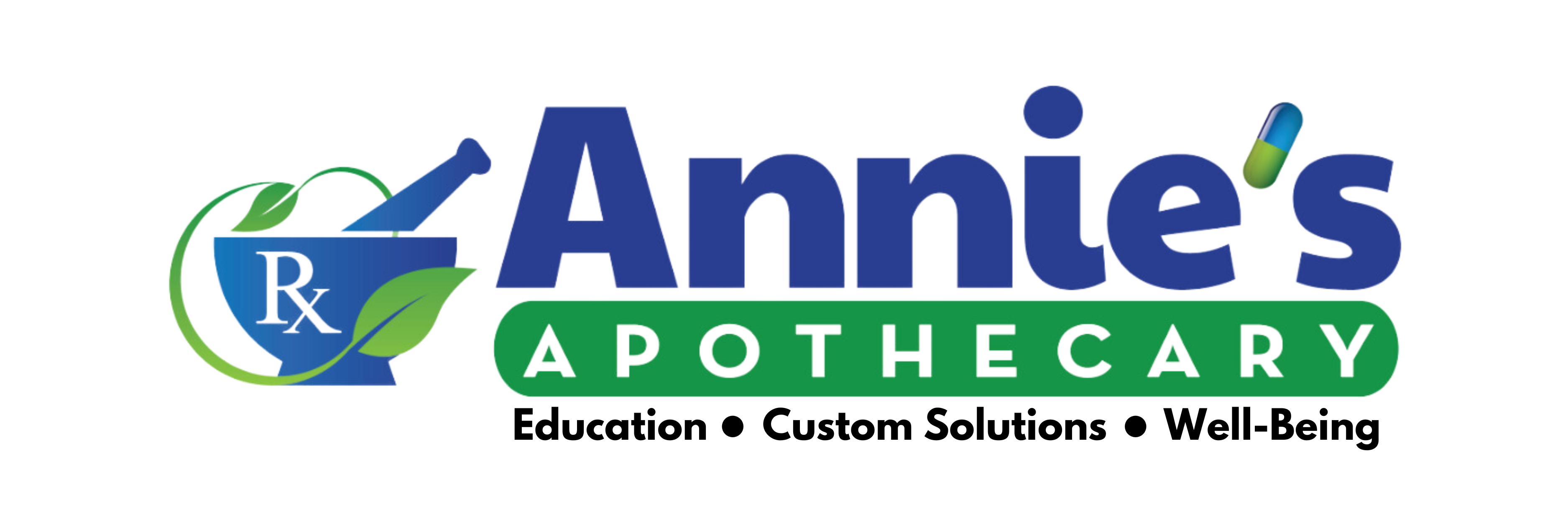Rosacea
What is rosacea?
Rosacea is a common skin condition. It often starts with a tendency to blush or flush more easily than others and typically affects the face.
Some famous faces with rosacea are Bill Clinton and Diana, Princess of Wales.
Signs and Symptoms
- Redness of the face
- Blushing or flushing of the face
- Small red lines under the skin of the face
- Red, swollen nose; Mostly men may experience the nose that becomes red, larger, and bumpy
- Thicker skin
- Acne-like skin sores that may ooze or crust
- Burning feeling and slight swelling of the skin
- Irritated, bloodshot, watery eyes
- Inflamed eyes/eyelids
Who gets rosacea?
About 14 million people in the US have Rosacea, It is seen more in women (especially during menopause), people with fair skin, and in people between the ages of 30 and 60.
Causes
Your rosacea can become worse with certain triggers. Triggers vary from person to person. Rosacea can be triggered by certain factors which may include:
- Heat (including hot baths)
- Heavy exercise
- Sun exposure
- Winds
- Very cold temperatures
- Hot or spicy foods and drinks
- Drinking alcohol
- Menopause
- Emotional stress
- Long-term use of steroids on the face
Diagnosis and Treatment
Medications can be used to help treat and manage skin problems associated with rosacea, including antibiotics and steroid eye drops. In more severe cases, laser surgery or other cosmetic procedures may help treat and manage rosacea.
Rosacea Treatments
There is not a cure for rosacea, but there are certain medications that can help treat and manage your rosacea.
Commonly requested compounded formulas for patients with rosacea:
Providing unique combinations that can meet the specific needs of a patient can greatly improve therapeutic outcomes.
Niacinamide 4% Topical Cream in Clarifying base
The use of Clarifying Base and addition of niacinamide may help with the appearance of red, blotchy skin.
Niacinamide 4%/Metronidazole 1% Topical Cream in Clarifying base
Topical metronidazole is only commercially available in a gel form.
We’re happy to work with your doctor to come up with a compound to meet your needs.
Managing rosacea
If you are living with rosacea, these steps can help you manage your rosacea:
- Document when you notice your rosacea flare up. By keeping a log, this can help you determine what may trigger your rosacea.
- Avoid sun exposure.
- Apply sunscreen daily that protects against both UVA and UVB rays. The sunscreen should contain sun-protecting factor (SPF) of 15 or higher.
- Wear wide-brimmed hats when spending time outdoors
- Limit spicy foods, alcohol, and hot beverages.
- Try to reduce stress.
- Avoid spending large amounts of time in hot weather.
- If helpful for your skin, use a lubricant.
- Avoid using products that may be irritating to your skin such as products that contain alcohol, menthol, and witch hazel
- If your eyes have become affected, clean your eyelids as recommended by your doctor.
References
"Rosacea" RxWiki: Health Conditions "Rosacea", Medline Plus: Health Topics; U.S. National Library of Medicine."What Is Rosacea?", National Institute of Arthritis and Musculoskeletal and Skin Diseases (NIAMS). NIH.CONSTANCE GOLDGAR, MS, PA-C et al. Treatment Options for Acne Rosacea. Am Fam Physician. 2009 Sep 1;80(5):461-468
